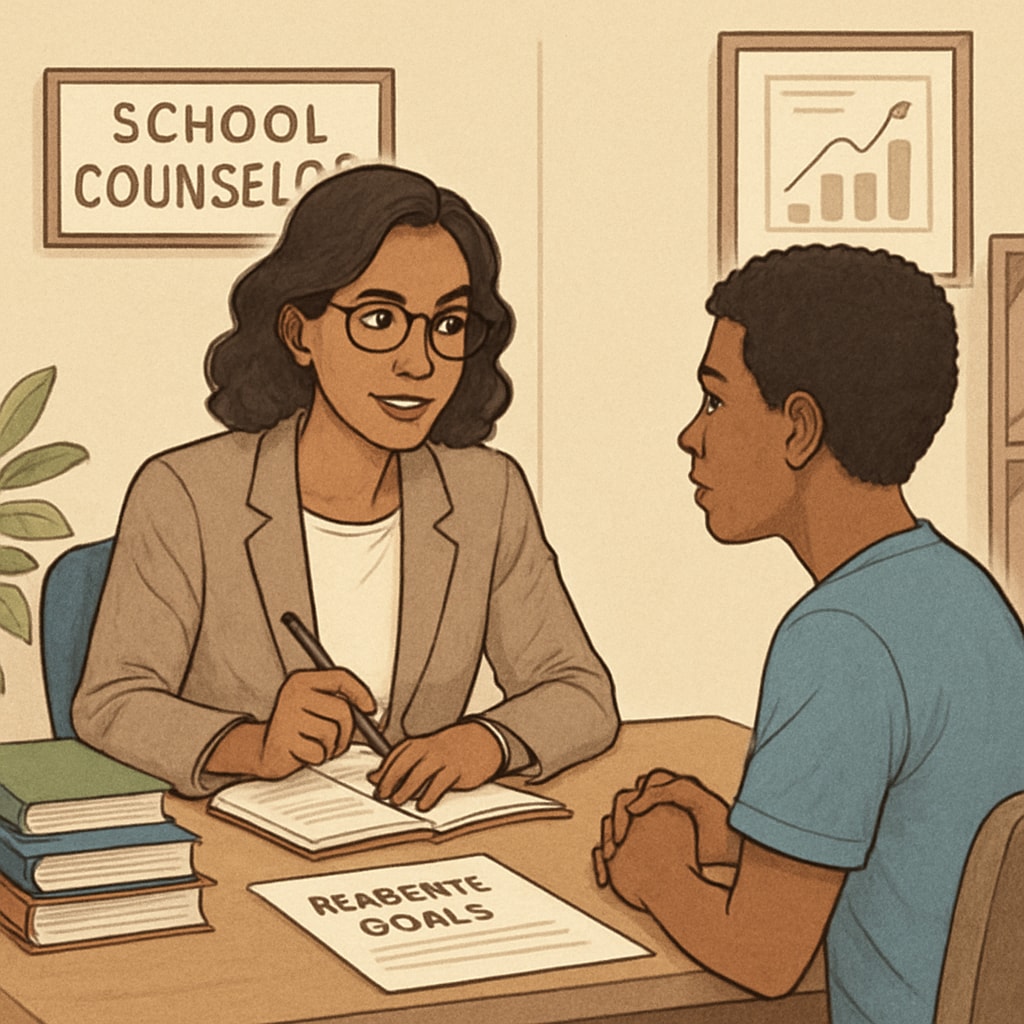When completing a graduate research project in education, interviewing K12 school counselors can provide invaluable insights. These professionals are the cornerstone of student well-being, helping with academic guidance, emotional support, and crisis intervention. Successfully locating and interviewing them requires thoughtful planning, effective communication, and professional etiquette. This article outlines proven methods to connect with counselors, conduct meaningful interviews, and gather high-quality data for your academic work.
Finding K12 School Counselors: Proven Strategies
To begin, identifying the right school counselors to interview is key. Start by researching local schools in your area, focusing on websites and directories that list staff members. Public school systems often have readily available contact information for their counselors. In addition, professional organizations such as the American School Counselor Association offer directories and networking resources that can help you pinpoint potential interviewees.
Social media platforms like LinkedIn can also be useful for professional outreach. Many counselors use LinkedIn to share their expertise or connect with other educators. By searching for “school counselor” alongside keywords like “K12 education” or your city, you may uncover additional contacts.
- Check school websites for staff directories.
- Use professional networks such as the American School Counselor Association.
- Leverage LinkedIn for connecting with counselors directly.
- Ask colleagues or professors for referrals to trusted contacts.

Building Rapport and Communicating Effectively
Once you locate potential interviewees, focus on crafting a clear and professional outreach message. Start your email or call by introducing yourself, your academic background, and the purpose of your research. Highlight why their expertise is critical to your study and reassure them that the process will respect their time and confidentiality.
Additionally, provide flexibility in scheduling. Counselors often have busy workdays, so offering multiple options for interview timing demonstrates respect for their availability. Include a brief overview of the questions you plan to ask to help them prepare.
Key tips for effective communication:
- Be concise and professional in your outreach.
- Explain your research purpose and its relevance to their role.
- Offer flexible scheduling options.
- Share a summary of interview topics in advance.
Conducting Professional Interviews
When the interview day arrives, preparation is vital. Begin by reviewing your research objectives and ensuring your questions align with the counselor’s expertise. Use open-ended questions to encourage detailed responses, such as, “What challenges do students most commonly face?” or “How do you approach building trust with your students?”
Remember to bring necessary materials—such as a recording device (if permitted) and a notebook for jotting down key points. Throughout the conversation, maintain active listening by nodding, summarizing their points, and asking follow-up questions. This shows genuine interest in their insights and fosters a collaborative atmosphere.

Finally, express gratitude at the end of the interview. A thank-you email or note not only acknowledges their contribution but also leaves a positive impression for potential future follow-ups.
Understanding the Broader Impact of K12 School Counselors
Beyond completing your graduate assignment, these interviews can deepen your understanding of the K12 counseling system. School counselors play a critical role in shaping students’ academic and emotional journeys, often serving as the link between education and mental health resources. By exploring their perspectives, you can uncover valuable insights into systemic challenges, innovative solutions, and the evolving role of counseling in education.
As a result, your research may contribute to a broader academic conversation on improving student support systems. Consider sharing your findings with your peers or submitting your work for publication to further amplify its impact.
By following these strategies for locating, communicating with, and interviewing K12 school counselors, graduate students can produce high-quality research while gaining a deeper appreciation for the vital work these professionals perform daily.
Readability guidance: Use short, direct paragraphs and lists for clarity. Incorporate transition words like “however,” “in addition,” and “as a result” to create smoother flow. Avoid overly complex sentences, ensuring accessibility for all readers.


